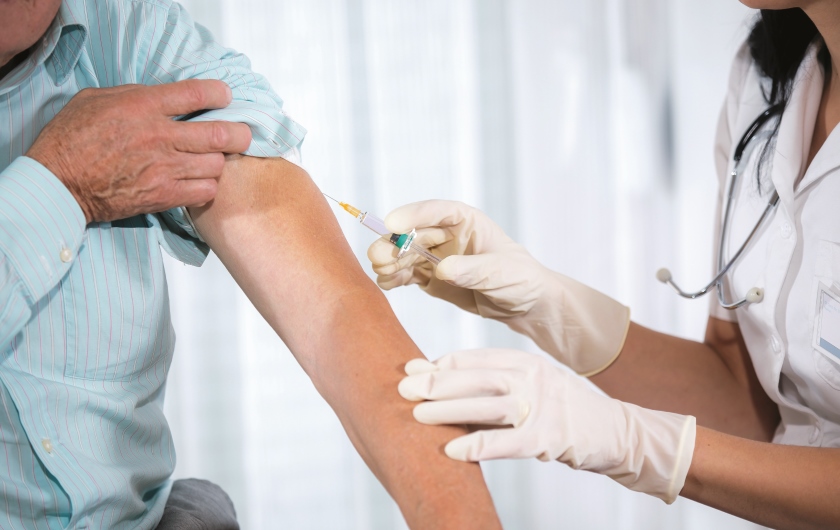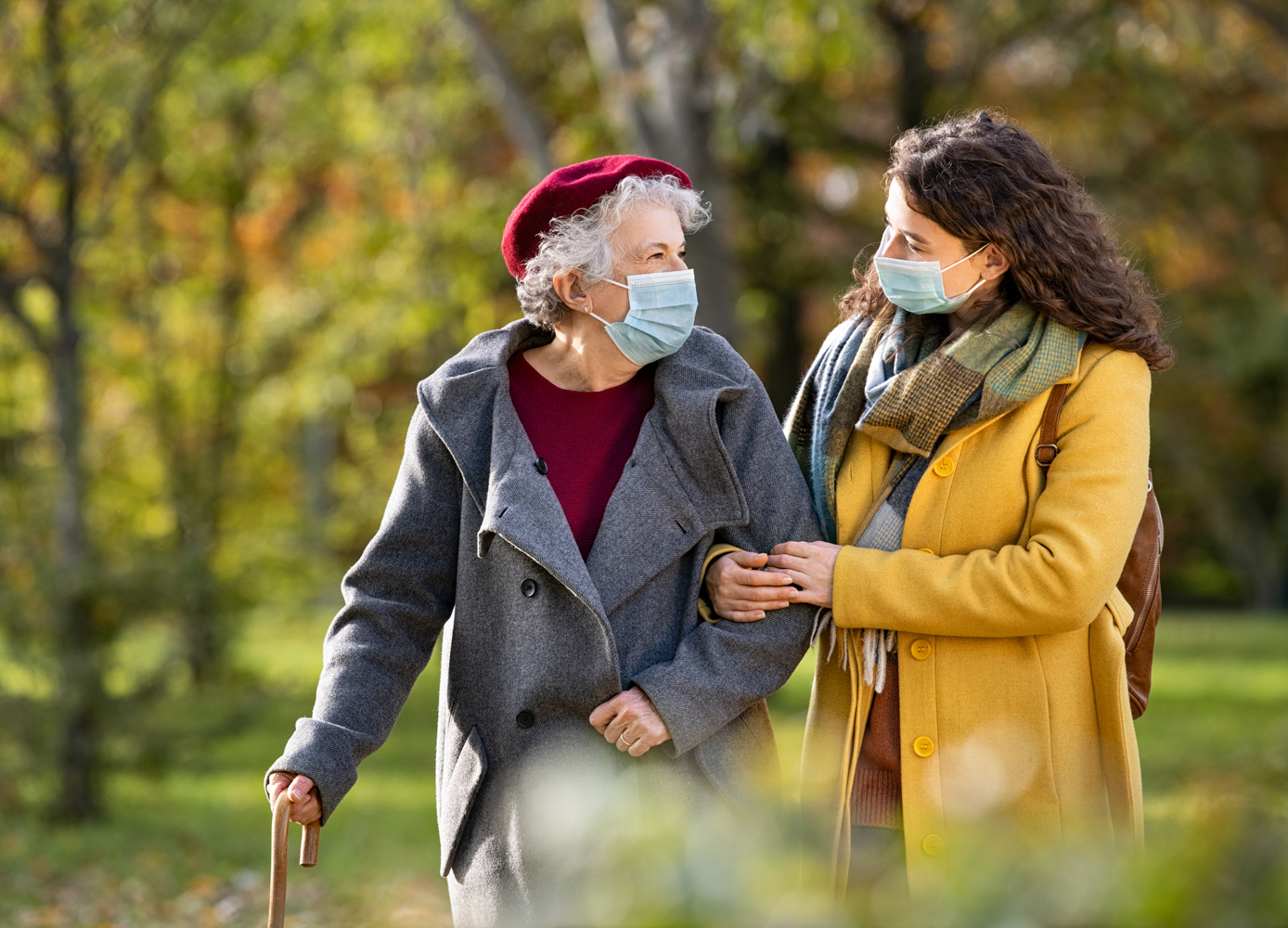Find out what to do if you’re not sure whether you’ve received all of your routine recommended vaccinations
By Wendy Haaf
Photo: iStock/Jovanmandic.
How can you find out which shots you’ve—and which you might need?
“It’s best to check with your health-care provider and local public health unit to determine whether or not you’ve been immunized and which vaccines are recommended for you,” suggests Dr. Shainoor Ismail, a senior medical specialist with the Public Health Agency of Canada’s Centre for Immunization and Respiratory Infectious Diseases.
Here are some suggestions as to when to consider having such a conversation:
Now
• If you think you may have missed one or more of your routine childhood vaccinations (such as those for measles, mumps, and rubella)—for example, if you moved to Canada from elsewhere;
• If you don’t think you’ve had a tetanus and diphtheria shot within the last 10 years;
• If your last tetanus and diphtheria shot was prior to 2003 (in which case, you may need a whooping cough booster);
• As a reminder to get your flu shot every year.
Before travelling outside Canada
• “Travellers, particularly those travelling to countries with health risks that are greater than in Canada, should seek medical advice at least four to six weeks before travelling,” Ismail says.
• However, “even if you have to leave on short notice,” Ismail says, “it’s still valuable to have a pre-travel consultation.” Travel clinics are your best bet for this, since staff stay up to date on which vaccines are recommended, based on your destination and other factors.
When you’re diagnosed with a chronic condition
• Many chronic health issues make you more vulnerable to catching infections and developing complications—and more medical appointments to manage your condition mean more potential exposures to germs from other patients. Consequently, your health-care provider may recommend vaccines that aren’t included in the routine schedule or may suggest getting certain others earlier than they’re typically given. “Ideally, vaccination is best accomplished early on,” Ismail says. That’s because you’re more likely to have a robust response before your condition progresses.
At age 50
• If you’re interested in being vaccinated against shingles, your doctor can help you decide when it might be best to do so.
At age 65
• Most people need at least one dose of a pneumococcal vaccine around this time.
• You can also ask your physician whether the extra protection—and expense—of a second type of pneumococcal shot is worth considering.






